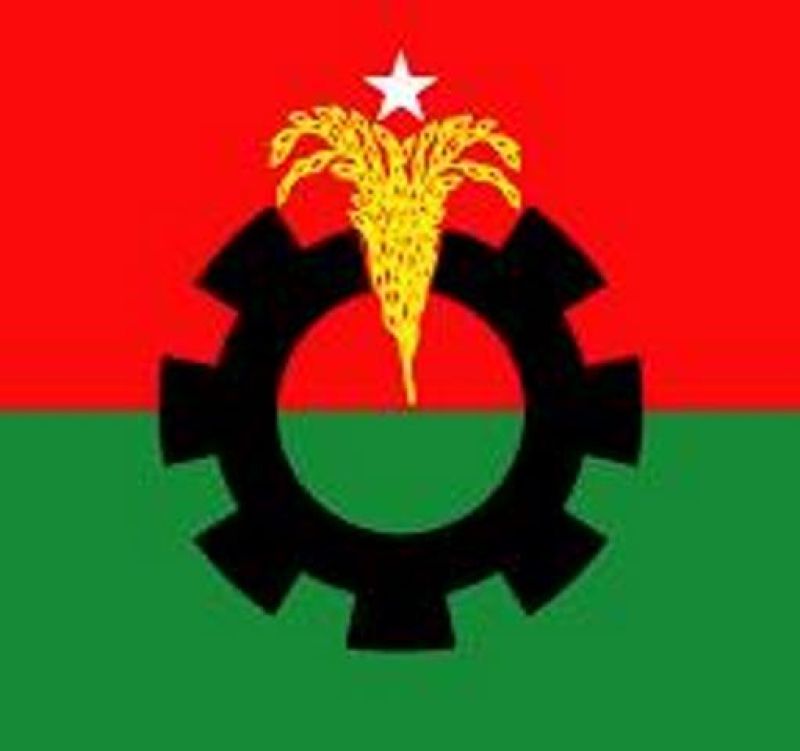- Gaza Ceasefire Not Enough as Children Continue to Die |
- Bangladesh Sets Guinness Record With 54 Flags Aloft |
- Gambia Tells UN Court Myanmar Turned Rohingya Lives Hell |
- U.S. Embassy Dhaka Welcomes Ambassador-Designate Brent T. Christensen |
- Survey Shows Tight Race Between BNP and Jamaat-e-Islami |
BNP expels 3 more leaders for contesting first phase of UZ polls

BNP expels 3 more leaders for contesting first phase of UZ polls
Dhaka,
Apr 26 -The BNP has expelled three more of its grassroots leaders for taking
part in the first phase of upcoming upazila elections violating the party's
decision.
The punitive action was taken against the party leaders as per its constitution, said a press release, signed by BNP leader Ruhul Kabir Rizvi, on Saturday.
It said Mymensingh’s Haluaghat upazila unit BNP member Abdul Hamid, Sherpur’s Srivardi Municipality (Ward-2) BNP president Golam Mostafa and Rangamati’s Kaukhali Upazila unit BNP adviser Mongsuyu Chowdhury have been expelled for contesting the first phase of upazila polls ignoring the party's decision.
Earlier on Friday, the BNP expelled its 73 grassroots leaders on the same ground.
A party press release said the 73 leaders of BNP and its associate bodies who are contesting for the post of chairman, vice chairman and female vice chairman in the first phase of upazila polls in violation of the party's decision have been expelled from all party positions, including its primary membership.
A total of 152 upazilas across the country will go to polls in the first phase on May 8 as per the schedule announced by the Election Commission.
The elections to a total of 492 upazilas will take place in four phases. The second phase of upazila polls will be held on May 23 while the third phase on May 29 and the fourth phase on June 5.
The BNP high-command earlier decided not to join any elections under the current government and the Election Commission.-UNB

